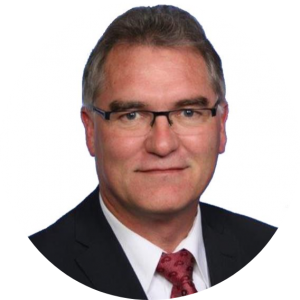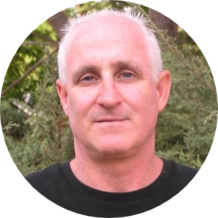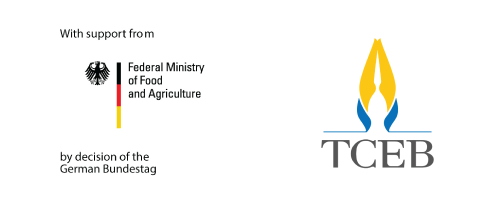 | Managing Director/ CEO, AFC Agriculture and Finance Consultants GmbH
| Managing Director/ CEO, AFC Agriculture and Finance Consultants GmbH
Topic: Crucial factors for financing investments in agricultural machinery and the impacts of subsidies
Johannes Buschmeier is a multi-faceted leader and agricultural economist managing projects in agriculture, agribusiness, and financial sector development.
He is currently the Project Manager and Managing Director of AFC Agriculture and Finance Consultants (AFC). Under his helm, the company is mainly working with the agricultural finance sector supporting banks to develop new credit products required by different actors in agricultural value chains.
In his projects, he successfully took up challenges related to: the promotion of agricultural finance for agri-based enterprises; the analysis of capacities and expertise of financial institutions; and addressing financial issues related to mechanization and the process of machinery invention, specifically in the Demonstration and Training Projects of the German Ministry of Agriculture and “Green Innovation Centre” of GIZ.
Mr. Buschmeier, through the German Ministry of Agriculture, EIB, GIZ, KFW, ADB, and EC, has been active in numerous countries for AFC. In Asia, he handled projects in China, India, Myanmar, Bangladesh, Tadjikistan, Kazakhstan and Kyrgyzstan.
Lastly, he is a member of different professional working groups such as the DLG Foreign Committee and German Agribusiness Alliance.
Abstract:
AFC Agriculture and Finance Consultants has been active in the agricultural sector for more than 45 years and has developed a strong department for agricultural finance and financial sector development in the past 15 years. With the combination of knowledge in agriculture and finance, AFC was able to implement a variety of projects worldwide.
Financial consulting becomes more important because of the increasing mechanization in countries such as China and India. Thus, AFC applies her experience in both fields to implement different projects in these countries. The project in India, through the GIZ, successfully adapted potato-planting machines for emerging and small farmers.
The interest of banks to operate in agricultural finance systems and government subsidies may have a crucial impact on financing issues and have to be considered when present.
The lack of knowledge in agriculture of bank employees is a major factor in terms of agricultural finance and hinders their capacity to give out loans in this field. Credits and loans for long-term investments in machinery are therefore often more problematic than credits for working assets. Thus, training and consulting of bank employees are crucial to increase capacities in agricultural finance and long-term investments for machinery. However, the bank management must be interested and convinced right from the beginning about agricultural finance products.
AFC, in cooperation with DLG International, supported Demonstration and Training projects with private business partner (on behalf of BMEL) for the last 10 years in China. Since then, a number of German machinery producers have invested in China to produce or assemble on site. Naturally, the local subsidy system influences the decision of the private firms.
![]() | Senior Lecturer, HAS Den Bosch
| Senior Lecturer, HAS Den Bosch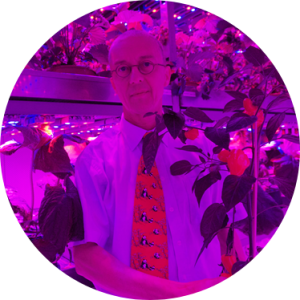
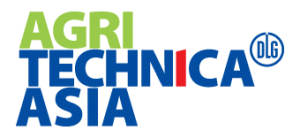
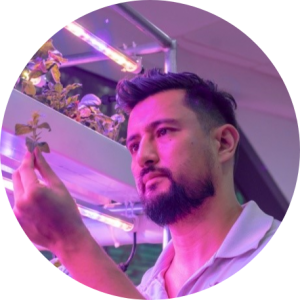
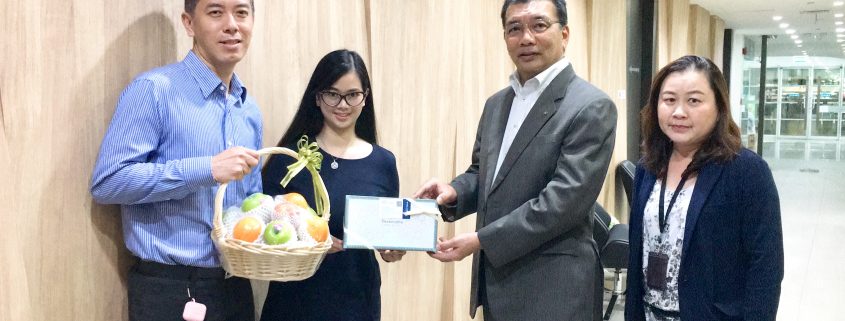
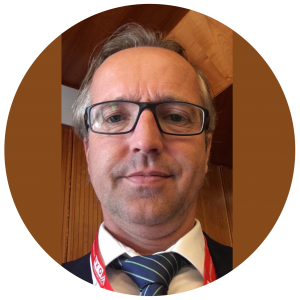
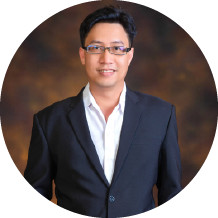
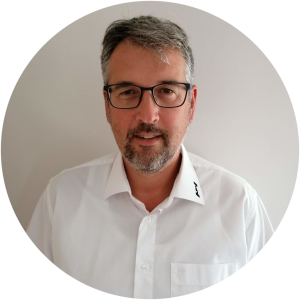
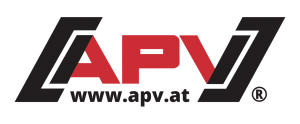
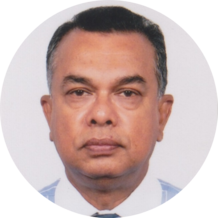
 | Senior Scientist, International Rice Research Institute (IRRI)
| Senior Scientist, International Rice Research Institute (IRRI)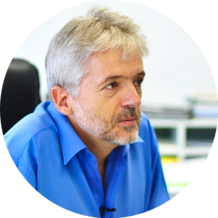
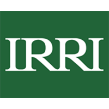
 | Managing Director/ CEO, AFC Agriculture and Finance Consultants GmbH
| Managing Director/ CEO, AFC Agriculture and Finance Consultants GmbH